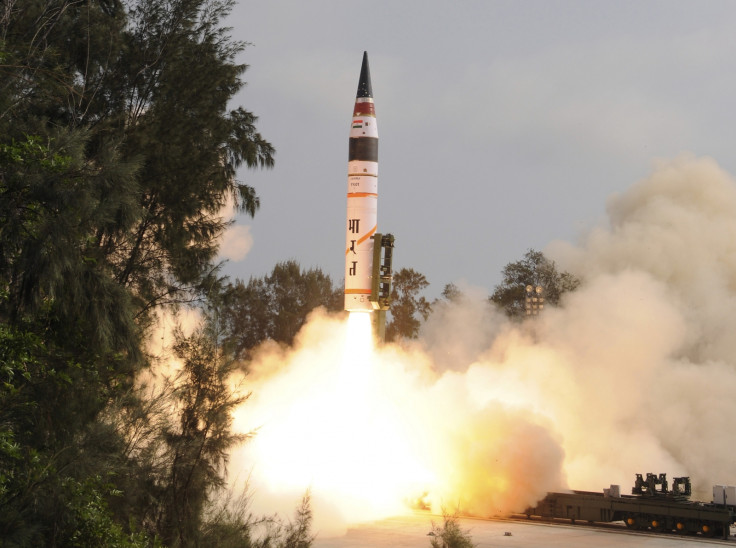Pakistan offers proposal to India for mutual ban on nuclear tests to ease entry into NSG
India's bid to enter the NSG was stymied by China in June 2016.

Pakistan has reportedly offered India a bilateral arrangement asking its neighbour whether it would agree to a mutual ban on testing of nuclear atomic weapons. This is said to be the second time in a week that Islamabad has sent a proposal to New Delhi, hoping that the move could ease the entry of both the countries into the elite Nuclear Suppliers' Group (NSG).
The offer by Pakistan for a bilateral agreement on non-testing of nuclear weapons was first announced by that country's Adviser on Foreign Affairs Sartaj Aziz on August 12 amid the escalation of violence in the territorial disputed region of Kashmir, news agency PTI reported.
"Once again, in the larger interest of peace and stability in the region, as also in the global context, Pakistan has indicated the possibility that the two countries may consider a bilateral arrangement, which is reflective of its policy of promoting restraint and responsibility in South Asia and its consistent support for the objectives of the CTBT," Pakistan's Foreign Office spokesperson Nafees Zakria was quoted as saying.
Although both Delhi and Islamabad are nuclear-armed countries, they have not signed the Nuclear Non-Proliferation Treaty (NPT) and the Comprehensive Test Ban Treaty (CTBT). These global pacts are required to ban all atomic devices for military or civilian purposes.
The arch-rivals are seeking a membership to the NSG and have individually declared to not conduct nuclear tests any further. But if the two countries declare a unilateral moratorium it would reportedly not be legally binding, allowing either of the parties to easily withdraw independently.
"A bilateral arrangement will be mutually binding and difficult to withdraw unilaterally," Zakria told The Express Tribune.
India's bid to enter the elite group was stymied by China in June after the 48- member group remained divided over permitting a non-NPT member. It had the backing of the US, Japan, the UK and France among others. Although Pakistan had the support of China, it failed to secure a membership, too.
© Copyright IBTimes 2025. All rights reserved.





















